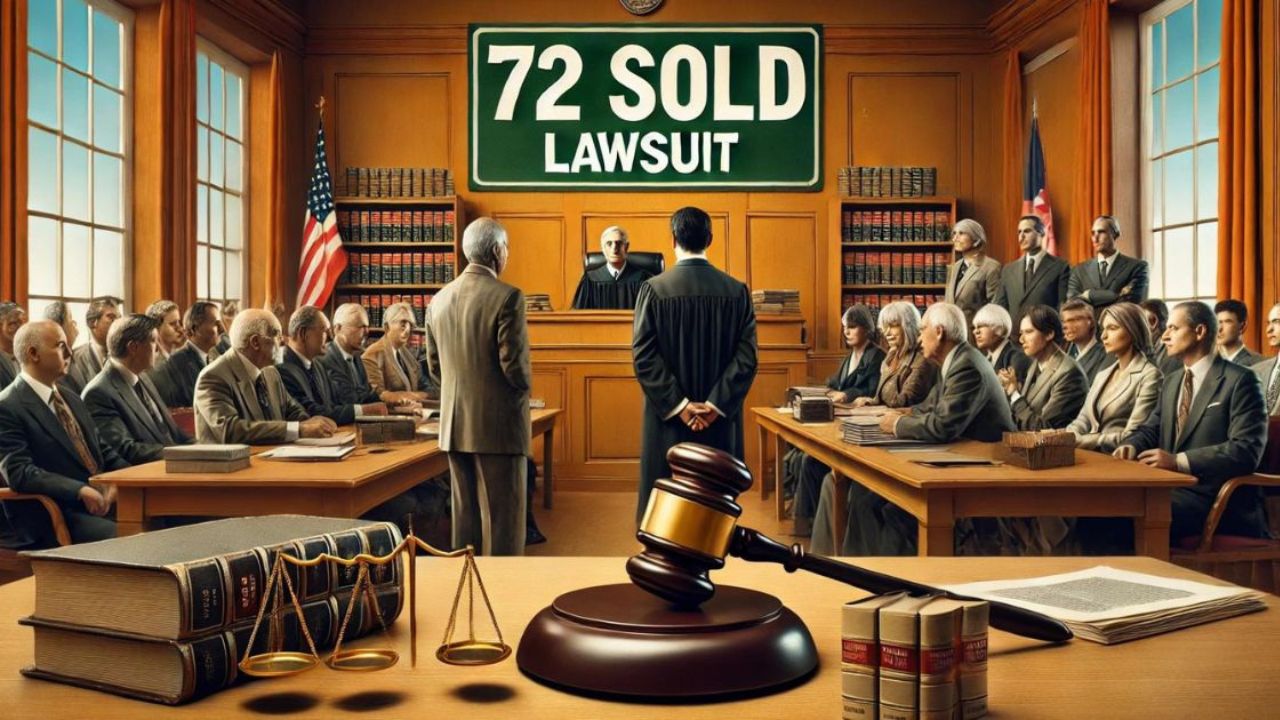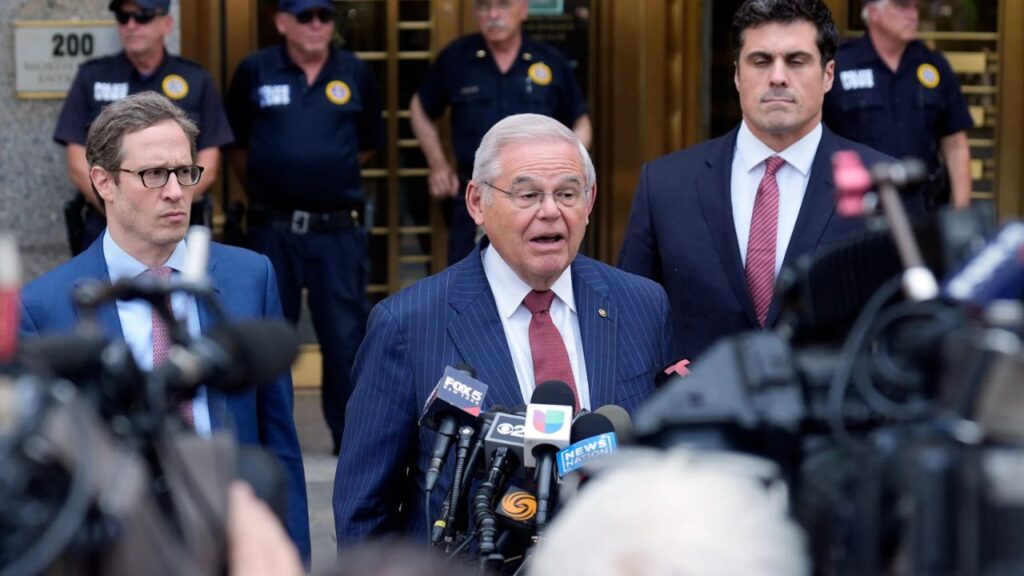LAW
The 72 Sold Lawsuit: What Real Estate Investors Need to Know

The real estate sector is no stranger to legal disputes, but when a high-profile company like 72 Sold finds itself embroiled in a lawsuit, it’s bound to send ripples through the industry. Many real estate investors are now left wondering how this lawsuit might affect their investments and operations. In this blog post, we’ll explore the key elements of the 72 Sold lawsuit, its implications for real estate investors, and what steps you can take to safeguard your interests.
What Is the 72 Sold Lawsuit About?

The 72 Sold lawsuit involves allegations against the company, which promised a “faster, easier way to sell your home” in just 72 hours. Complaints have been raised regarding misleading advertising practices, failure to disclose certain fees, and issues related to the valuation of properties. The lawsuit is currently in the early stages, so the full scope and potential ramifications are not yet fully understood.
Real estate investors are keeping a close eye on the proceedings, as the outcome could significantly impact market practices and investor strategies across the board.
Allegations Faced by 72 Sold

The primary allegations revolve around claims that 72 Sold engaged in deceptive marketing tactics to lure clients into their program. Some homeowners allege that they were promised higher sale prices than the market would bear, leading to unrealistic expectations and dissatisfaction. Additionally, there are concerns about undisclosed fees that were only revealed post-contract, which many clients found misleading. For real estate investors, understanding the intricacies of these claims is crucial for anticipating how the lawsuit may unfold and affect broader industry standards.
Impact on Real Estate Market Practices

With the spotlight on 72 Sold, real estate investors should expect increased scrutiny on transparency and communication within the industry. Even if your practices are above board, the lawsuit could lead to new regulations aimed at boosting consumer protection and market fairness. These potential changes could influence how you market properties, disclose information, and manage client expectations. Staying informed about these developments is key to adapting and maintaining compliance with any new rules.
How Investors Can Safeguard Their Interests
To protect your interests amid this legal turmoil, consider the following strategies:
- Enhance Transparency: Ensure all marketing materials and client communications are clear and accurate. Transparency builds trust and can help mitigate potential legal challenges.
- Review Contracts: Conduct a thorough review of all contracts to ensure they are comprehensive and protect both you and your clients. It’s wise to consult with a legal expert to identify any potential vulnerabilities.
- Educate Clients: Take the time to educate clients on the real estate process, including potential risks and realistic market expectations. This proactive approach can prevent misunderstandings and foster positive relationships.
Potential Outcomes and Industry Implications
While it’s too early to predict the final outcome of the 72 Sold lawsuit, it’s essential for real estate investors to consider the potential implications. If the court rules against 72 Sold, it could lead to heightened regulatory oversight and stricter industry standards. Investors may need to adjust their operations to align with new compliance requirements and maintain a competitive edge in a changing market landscape.
Adapting to a Shifting Real Estate Landscape

In the wake of the 72 Sold lawsuit, real estate investors should be prepared for shifts in market dynamics. This case highlights the need for vigilance in maintaining ethical standards and adhering to best practices. By staying informed and proactive, investors can navigate these changes effectively and continue to thrive in an evolving industry.
Final Thoughts for Real Estate Investors
The 72 Sold lawsuit serves as a stark reminder of the importance of transparency, compliance, and ethical practices in real estate. By understanding the details of the case and its potential impact on the industry, investors can make informed decisions and safeguard their investments. Remain vigilant, seek legal advice when necessary, and stay adaptable to continue achieving success in the real estate market.
Conclusion
The developments surrounding the 72 Sold lawsuit underscore the necessity for vigilance and integrity in the real estate industry. As the legal proceedings unfold, real estate investors must take proactive steps to ensure that their practices maintain the highest ethical standards. By emphasizing transparency, revisiting contracts, and educating clients, investors can safeguard their operations against potential regulatory shifts. While the full impact of the lawsuit remains to be seen, staying informed and adaptable is crucial in navigating an unpredictable market landscape. Ultimately, embracing these best practices not only bolsters investor resilience but also contributes to a more trustworthy and equitable industry for all stakeholders.
FAQs
1. What exactly is the 72 Sold lawsuit concerning?
The lawsuit concerns allegations that 72 Sold engaged in misleading advertising practices by promising expedited home sales in 72 hours, undisclosed fees, and unrealistic property valuations. These issues have led to dissatisfaction among clients and raised questions about the company’s marketing tactics.
2. How could the lawsuit affect real estate investors?
The outcome of the lawsuit could lead to increased regulatory scrutiny and enhanced transparency requirements within the real estate industry. Investors may need to adjust their marketing strategies, review contracts, and ensure compliance with any new standards to safeguard their operations.
3. What steps can investors take to protect themselves during this legal situation?
Investors should focus on enhancing transparency in their client communications, reviewing contracts for vulnerabilities, and educating clients about realistic market expectations. Consulting with legal professionals to ensure all practices meet ethical standards is also advisable.
4. Are there any early predictions on the lawsuit’s outcome?
It is too early to predict the lawsuit’s outcome as it remains in the early stages. However, the potential exists for regulatory changes that could impact market norms and investor strategies if the court rules against 72 Sold.
5. How can investors stay updated on the lawsuit’s developments?
Investors can stay informed by following industry news, subscribing to legal and real estate publications, and regularly consulting with legal advisors regarding the lawsuit’s progress and its implications for their investments.

-

 Entertainment1 month ago
Entertainment1 month agoMotchilli.info: Stay Updated with the Latest in Entertainment and Culture
-

 BUSINESS1 month ago
BUSINESS1 month agoHow Hamro Solar LLC Helps You Save Money on Energy Bills with Solar Power
-

 Automobile1 month ago
Automobile1 month agoGudlavalleru: The Ultimate Guide for Visitors in 2024
-

 Technology1 month ago
Technology1 month agoEtsiosapp Release Date: Official Timeline and Upcoming Features
-

 Entertainment1 month ago
Entertainment1 month agoLusjstories: Read and Share Authentic Life Stories
-

 LIFESTYLE1 month ago
LIFESTYLE1 month agoBrandi Loge: What Makes This Stay Unique?
-

 Entertainment1 month ago
Entertainment1 month agoKemono Party: Everything You Need to Know (2024)
-

 Entertainment1 month ago
Entertainment1 month agoFrench Stream.moe: The Best Alternative for Free French Movie Streaming